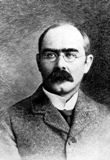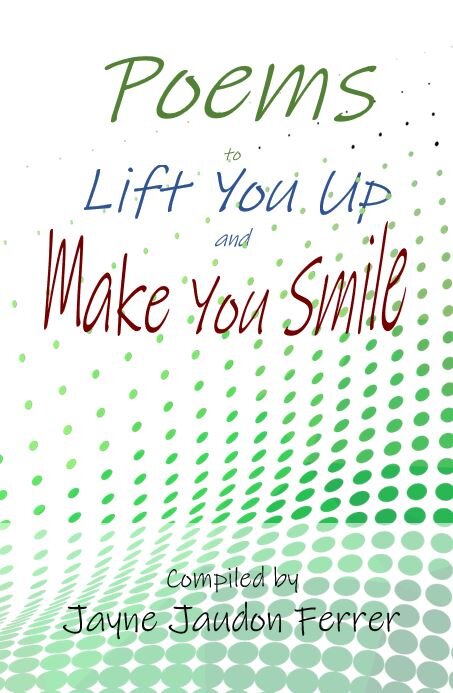| |
|
If you can keep your head when all about you
Are losing theirs and blaming it on you,
If you can trust yourself when all men doubt you,
But make allowance for their doubting too;
If you can wait and not be tired by waiting,
Or being lied about, don't deal in lies,
Or being hated, don't give way to hating,
And yet don't look too good, nor talk too wise:
If you can dream—and not make dreams your master;
If you can think—and not make thoughts your aim;
If you can meet with Triumph and Disaster
And treat those two impostors just the same;
If you can bear to hear the truth you've spoken
Twisted by knaves to make a trap for fools,
Or watch the things you gave your life to, broken,
And stoop and build 'em up with worn-out tools:
If you can make one heap of all your winnings
And risk it on one turn of pitch-and-toss,
And lose, and start again at your beginnings
And never breathe a word about your loss;
If you can force your heart and nerve and sinew
To serve your turn long after they are gone,
And so hold on when there is nothing in you
Except the Will which says to them: 'Hold on!'
If you can talk with crowds and keep your virtue,
Or walk with Kings—nor lose the common touch,
If neither foes nor loving friends can hurt you,
If all men count with you, but none too much;
If you can fill the unforgiving minute
With sixty seconds' worth of distance run,
Yours is the Earth and everything that's in it,
And—which is more—you'll be a Man, my son!
This poem is in the public domain.
|

Rudyard Kipling (1865 - 1936) was an English author and poet. Born in India to British parents who were involved in preserving Indian art and architecture, Rudyard was sent back to England to be educated when he was only six. He rejoined his family in India eleven years later, pursuing a career as a journalist. (He started writing when he was 11.) Returning to England in 1889, his stories and poetry gained widespread and immediate attention. Critics generally loathed Kipling's work, but the public loved it. Stories such as The Jungle Book, The Elephant's Child, and How the Camel Got His Hump are now classic favorites.

|
|
Signe Schaefer:
I too learned this in 7th grade - at an all girls school in Santiago, Chile in the 1950's! I have often chuckled at the strange choice for adolescent girls, but many lines have also endured through the years.
Posted 02/18/2022 03:30 PM
|
paradea:
I love this poem!!
Posted 02/18/2022 10:05 AM
|
Michael:
This is timeless wisdom. Appreciate this post, Jayne.
Posted 02/18/2022 09:19 AM
|
Kay N. Sanders:
I was assigned this poem to memorize and recite by my 7th grade homeroom-science-math teacher in Abbeville, AL. I was surprised at how much of it came back as I read it. BTW, I took "man" and "my son" to be generic terms even though I didn't really know that word at the time.
Posted 02/18/2022 08:27 AM
|
|
|
|





